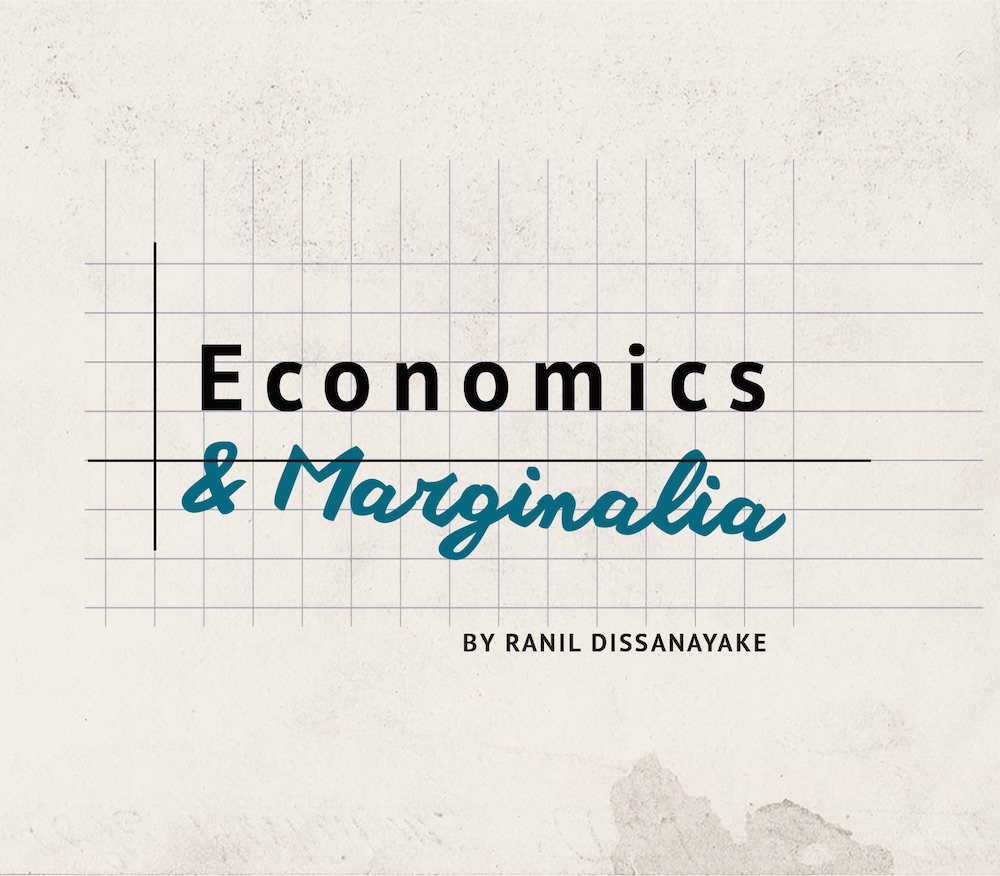Hi all,
How to make sense of a world in which LeBron’s team is eliminated from the playoffs in the first round and England are playing competently in the first test of an overseas series? It feel like all the certainties around which my life has been built are being undermined. LeBron didn’t just lose: the Lakers got thumped. I’ve got a theory as to how this happened: those UFOs that the US Government have been talking about came here to mess with the sports bookmakers. Apparently, Space Jam 2 isn’t fiction; it’s the only explanation. At least England have three days in which to return to type.
- This has already been widely shared, but deserves the audience. Ryan Briggs has a really clear write-up of his research looking at the allocation of World Bank aid projects within countries, which shows that not only do richer parts of a country get more aid projects, when they do, those projects tend to be larger. This doesn’t seem to be driven by preferences of the recipient Government or by ease of approval processes in the World Bank; rather, it appears to be driven primarily by the ease of implementing projects. More remote, rural and poor areas of a country are harder to work in, and given the incentives facing World Bank staff for whom the career implications of getting projects approved is much more important than those of getting good evaluation scores, this means targeting aid where implementation is easiest. The data is drawn from just the Bank, and just the period 1995-2005 – it would be fascinating to see how this finding generalises, over both time and donor. I’m disappointed that there isn’t a single reference to his dab hand with the cocktail shaker, but otherwise, really recommended.
- “Go big or go home” in social interventions is more often some variation on “start small, go big, then go home”. It’s really hard to take small pilots that have big results and turn them into big, large-scale programmes that deliver big results. Sometimes (as Matt and I discussed in episode 2 of Paper Round), this is because of the vagaries of research and publication. Equally it’s because of real difficulties of scale up – the populations you work with get more varied as they get bigger, and some things only work on some people; and it becomes harder to implement the intervention with the same quality and intensity as it goes bigger. David McKenzie has a great blog on these effects in the context of an early childhood development programme that started in Jamaica. Also on Development Impact, Markus has a deep dive on training programmes for youth in Uganda.
- Tim Harford compares misinformation to magic, and in the process teaches me about both. The key insight is that we mainly already have the tools to spot the trick in both magic acts and misinformation; the problem is that we don’t take the time to exercise them. Yes, there is misdirection, but the real power of misdirection (and it’s political equivalent, the firehose of bulls**t) is that it overwhelms our ability to concentrate on finding the truth when it really matters.
- Is Branko an empiricist, an economic theorist, an economic historian or a historian of economics? His best writing blurs the lines and this long-ish read on the divergent fortunes of Eastern Europe and China in the late 1970s and early 1980s is a perfect example. There is history, economics and politics in equal measure here, brought together harmoniously, prompted by Isabella Weber’s new book How China Escaped Shock Therapy.
- We just finished recording Episode 4 of Paper Round, and one of the things we discussed incidentally was Arun Advani’s work on the relative neglect of race and discrimination in economic study. Yet understanding how we got to where we are in the economy is impossible without understanding it both in terms of steady, sometimes well-hidden discrimination and in terms of big, devastating events. Planet Money’s show on the massacre on Black Wall Street (really an entire neighbourhood, with 11,000 residents) definitely counts at the latter. It covers both the history and the present battle for restitution (transcript).
- In restaurant reviews, it’s the savagings that are most fun to read. That is – usually – not the case for book reviews, but this one by Tom Chivers is a glorious exception. He attacks Ian Robertson’s book, How Confidence Works with the glee my son attacks a bowl rice and dhal, and to much the same effect. It is thrown around the room, smeared onto the walls, defenestrated from the nearest window; he ingests it and spits much of it back up (you can imagine what happens to the rest) and he does it all with a smile.
- Lastly, I usually link to the Ringer with great approval for its pop culture chops. Not today. The Ringer is lying to you. It lies to you when it says Sinead O’Connor took possession of Nothing Compares 2 U. As fine as her version is – and I do love it – there are no less than two Prince versions which are better. The first is his version with Rosie Gaines, and the second is his posthumously released original – a completely stunning rendition, made even more amazing by the fact that Wendy Melvoin is absolutely slaying the song on guitar, knowing that it was written for her twin sister Susannah. Hmph. Anyway, my mood will improve on Wednesday when Loki is released, and if Tom Hiddleston wasn’t enough reason to watch, it also stars Owen Wilson and Richard E. Grant. Oh yes.
Have a great weekend, everyone!
R
Disclaimer
CGD blog posts reflect the views of the authors, drawing on prior research and experience in their areas of expertise. CGD is a nonpartisan, independent organization and does not take institutional positions.



